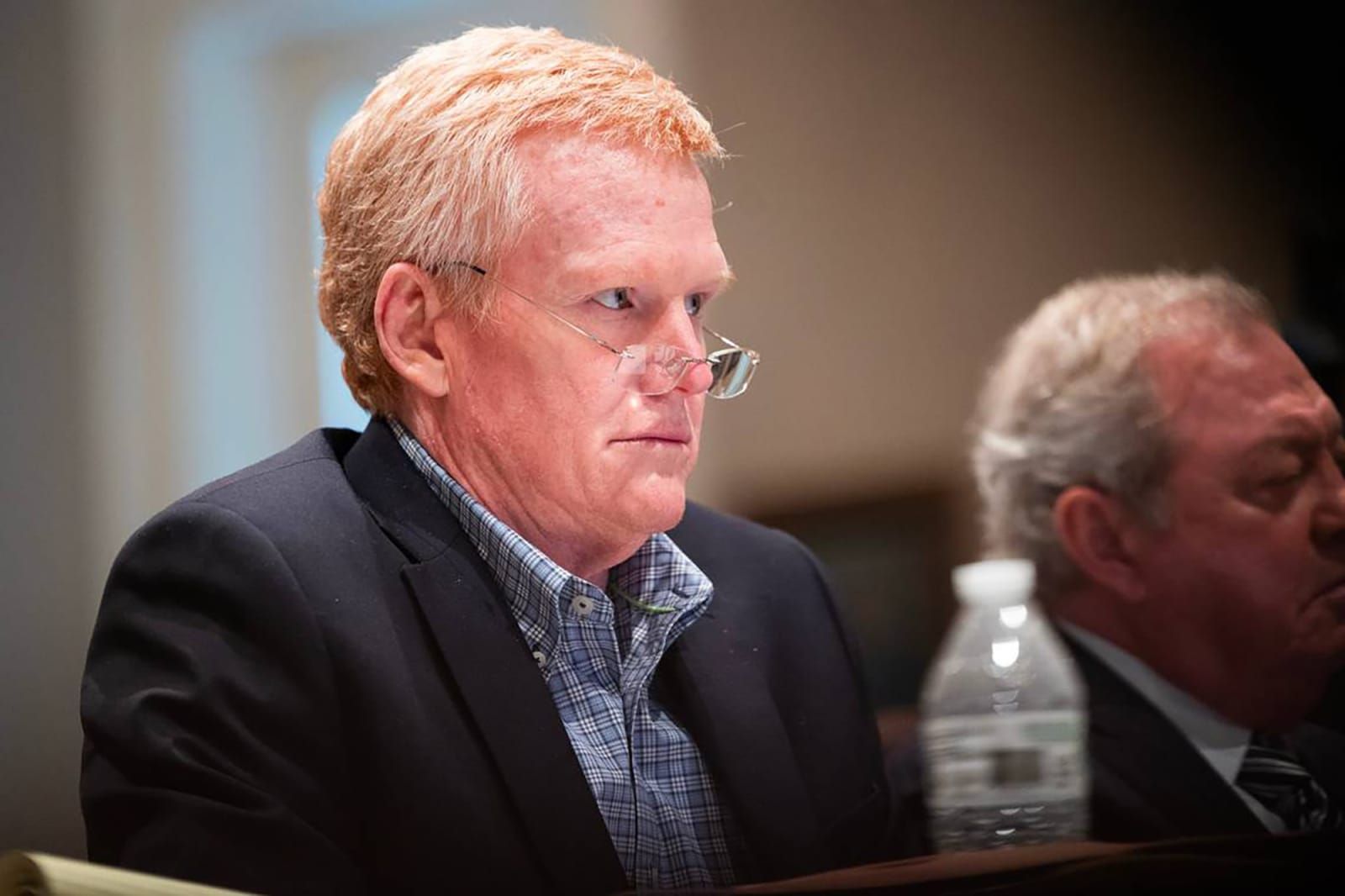Disgraced former South Carolina attorney and convicted murderer Alex Murdaugh has had his prison phone call and tablet privileges revoked after improperly giving an interview for a Fox Nation documentary from behind bars, reported The Daily Beast on Wednesday.
"The South Carolina Department of Corrections said that Murdaugh’s lawyer helped him record an interview subsequently given to producers for the forthcoming Fox Nation documentary The Fall of the House of Murdaugh," reported AJ McDougall. "In a note to the attorney, Jim Griffin, a department official accused him of recording Murdaugh as he read aloud entries from a journal he’d kept over the course of his trial during a June 10 call."
This type of communication is not allowed in the South Carolina prison system.
POLL: Should Trump be allowed to run for office?
"Though the call was not recorded by prison staff due to attorney-client privilege, reports that it had been recorded for media use had made their way to corrections officials by Aug. 8, according to the spokesperson. Murdaugh’s 'tablet and phone privileges' were immediately revoked pending a review of the incident," the report continued. "After those phone privileges were yanked, however, Murdaugh then used another inmate’s information to make a call. On the call, according to an incident report, Murdaugh said he was using someone else’s PIN number because his was 'not working.' Later, a corrections officer reviewing inmate phone calls recognized Murdaugh’s voice and reported him."
Murdaugh, who hailed from a powerful and well-connected family in the South Carolina lowcountry, was sentenced to life in prison after being convicted of shooting his wife and son at the dog kennels on the family estate. Prosecutors argued he committed the killings to cover up his extensive embezzlement from his law firm and his drug habit.
Murdaugh maintained his innocence for the killings throughout the trial, though he admitted to the drugs and embezzlement. His defense was fatally damaged when, after taking the stand, he admitted it was his voice on a recording taken around the time and place of the killings, despite his defense and family pushing an alibi for months that he was not there at the time.
